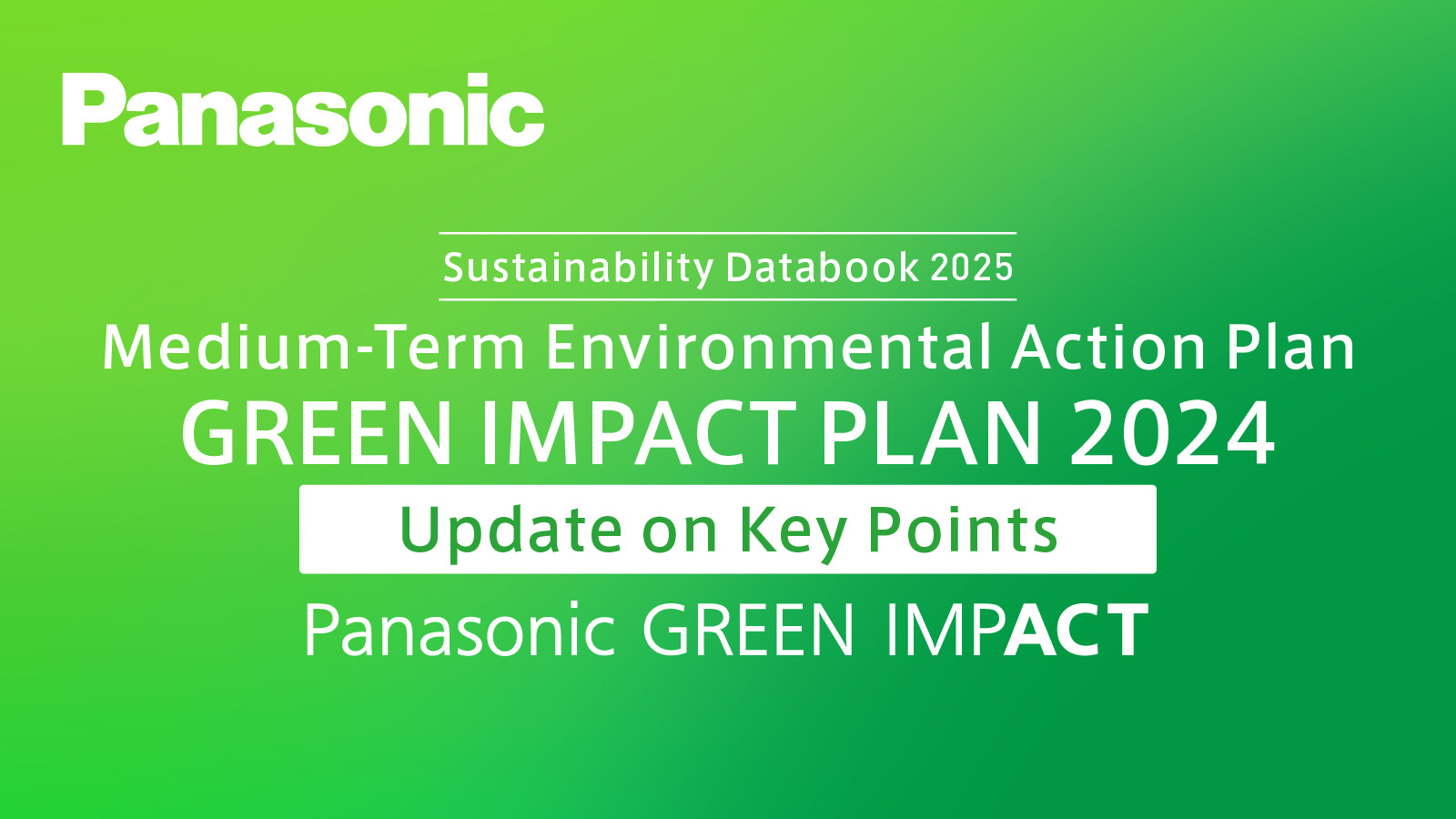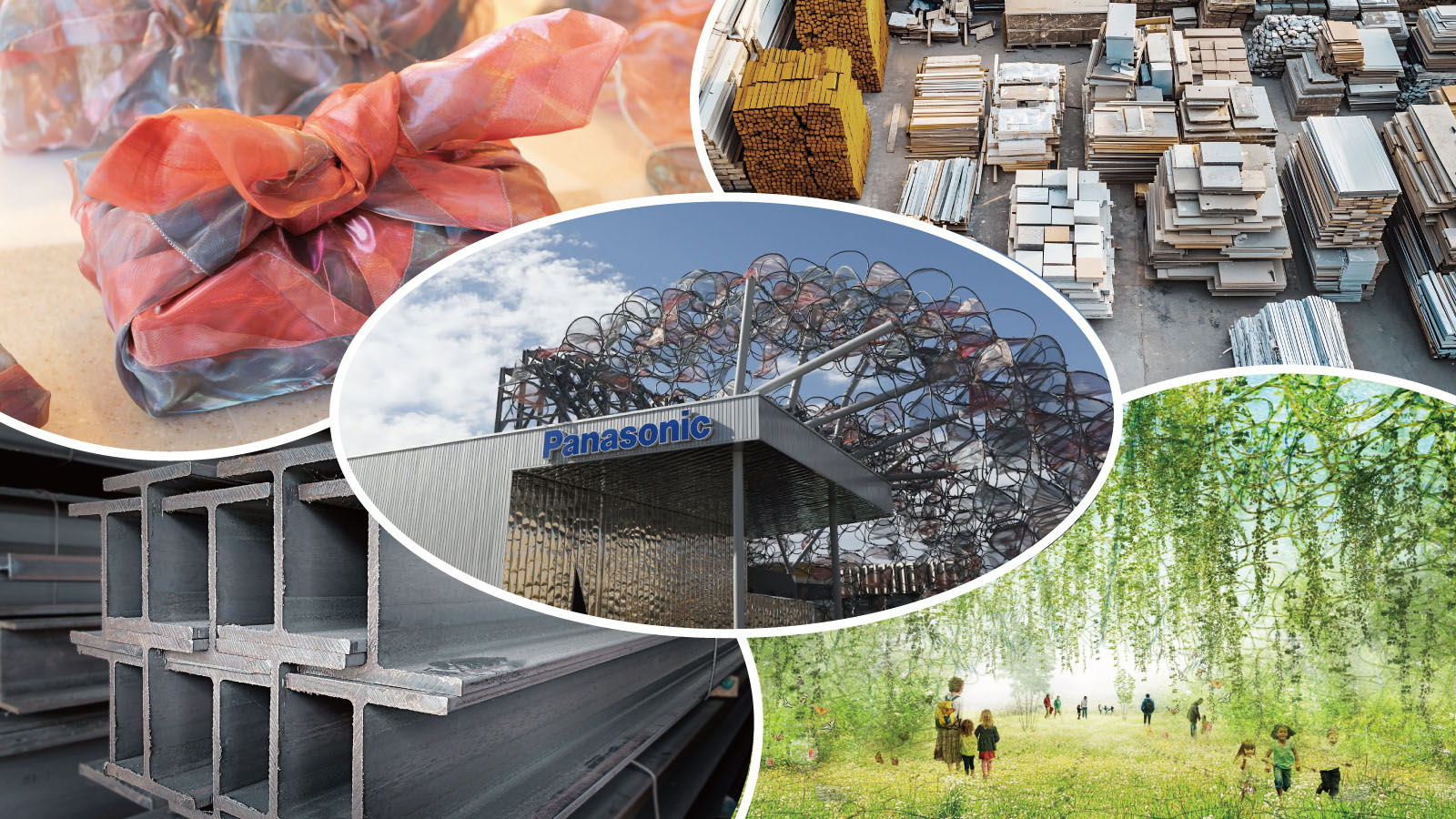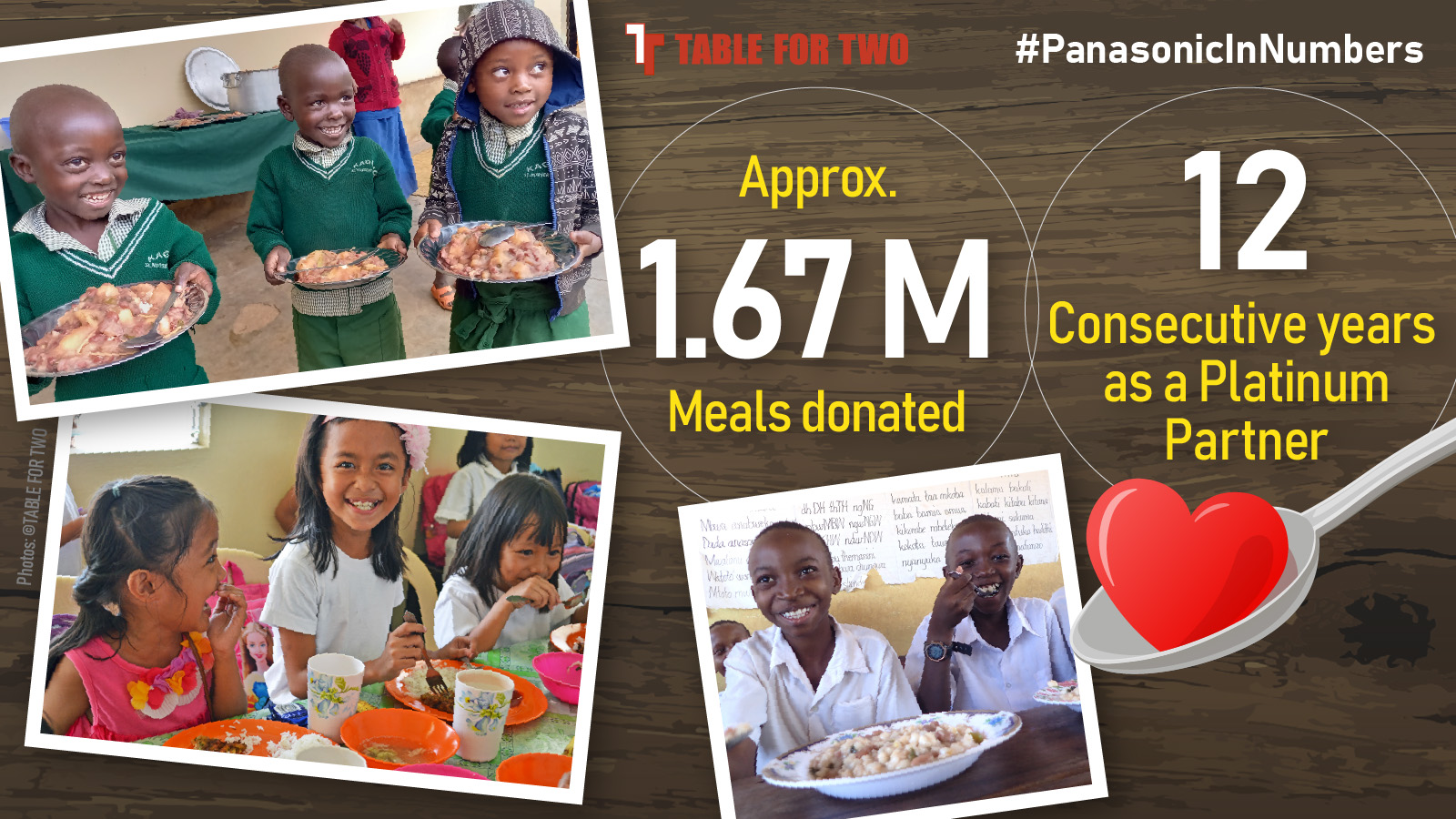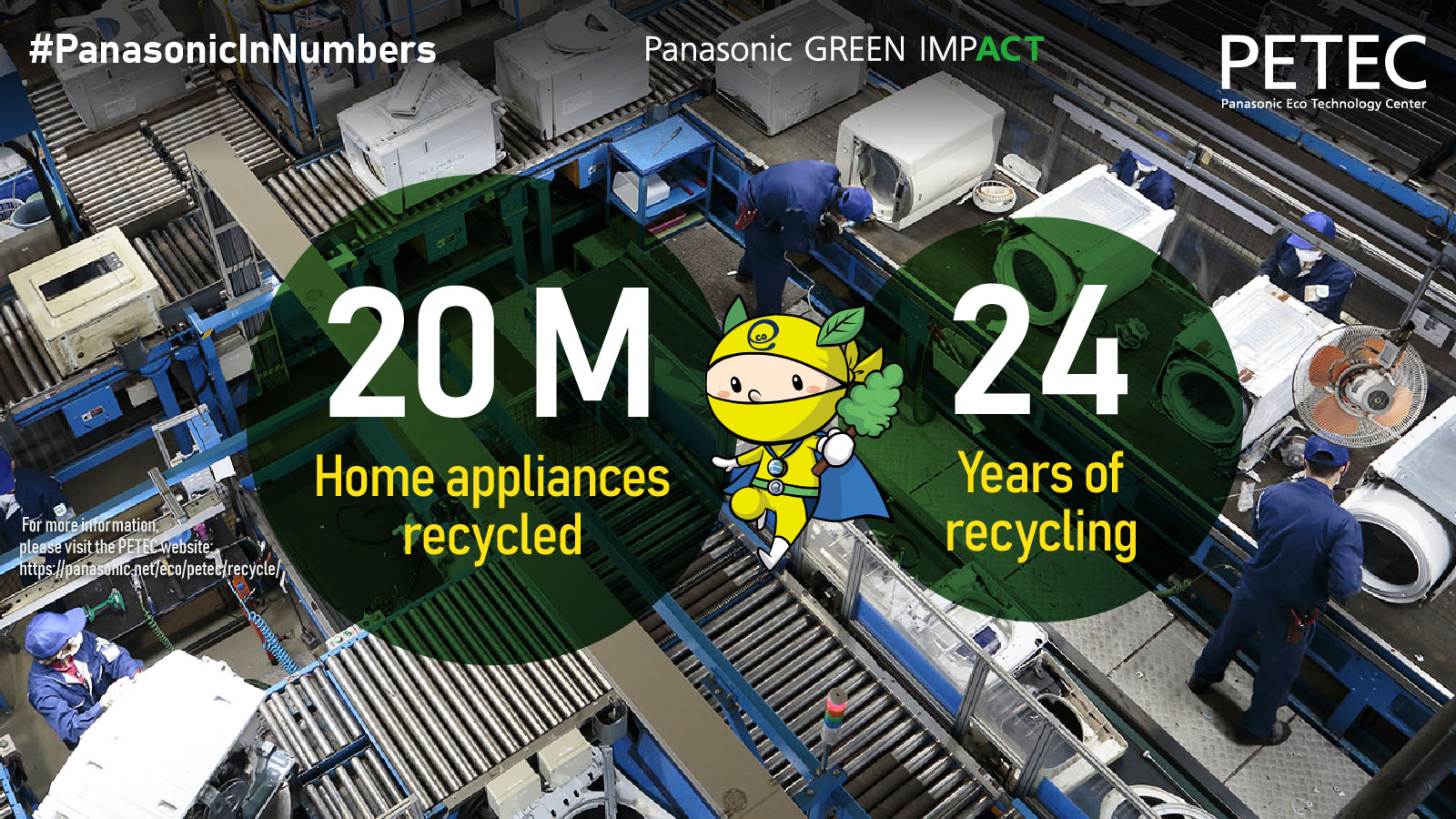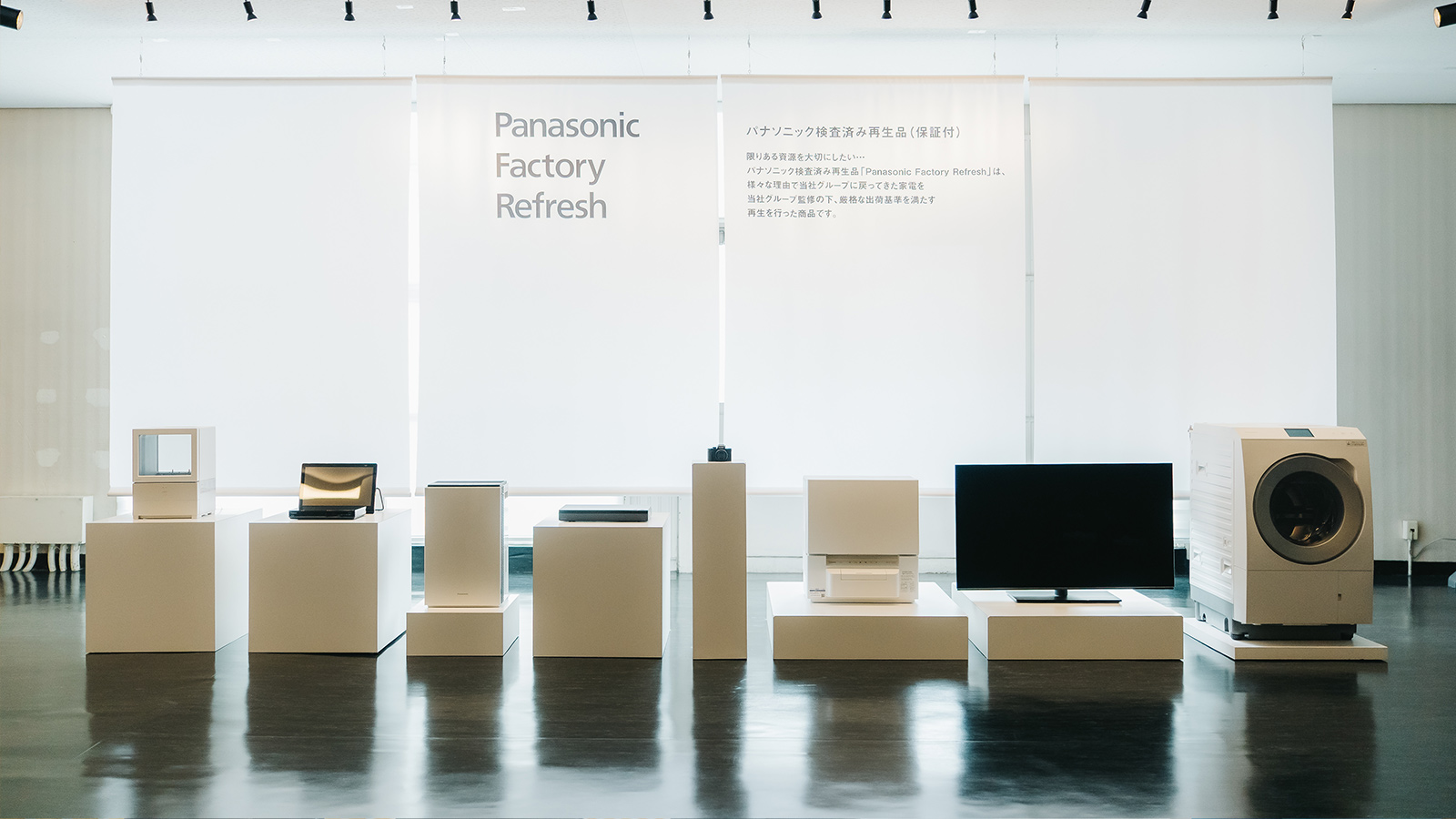International Day of Light
More than 600 million people in the world still live in off-grid areas.
What’s more, that barrier to electricity traps them in poverty.
To resolve this issue, Panasonic began bringing light to off-grid areas in 2013, and by 2018 donated more than 100,000 solar lanterns to 30 countries in Asia and Africa.
In 2018, we launched LIGHT UP THE FUTURE—the “AKARI” Action project to make it easier for everyone to take action. In cooperation with local governments and companies, we collect used books and other recycled items and convert the proceeds from recycling into solar lanterns to be sent to off-grid areas.
In March 2023, Panasonic donated 540 solar lanterns to families in off-grid areas in the suburbs of Phnom Penh, Cambodia, through the JELA Foundation and Life With Dignity, a Cambodian NGO. This donation was made possible through the cooperation of Kadoma City, Osaka, Kyoritsu Women’s University, the Panasonic Panthers, and others in collecting recycled goods.
Children in off-grid areas have very limited opportunities to learn, but solar lanterns help improve literacy rates by giving them the ability to study at night. This improves literacy rates, increases academic achievement, and gives children a chance to go on to higher education.
Furthermore, solar lanterns that utilize renewable energy technologies that do not emit CO2 also help to eliminate the use of kerosene lamps that cause respiratory illnesses, thereby improving health, increasing users’ income, and reducing spending on medical expenses. Furthermore, people can use the money they would have had to spend on kerosene on food, school supplies, and other necessities.
We believe that small acts by individuals can become a powerful force.
We at Panasonic will continue to work with various partners to address the unique issues of poverty faced by areas without electricity and to promote long-term structural change through the creation of opportunities for improvements in education, health, and income.
Source: https://news.panasonic.com/global/topics/14201
